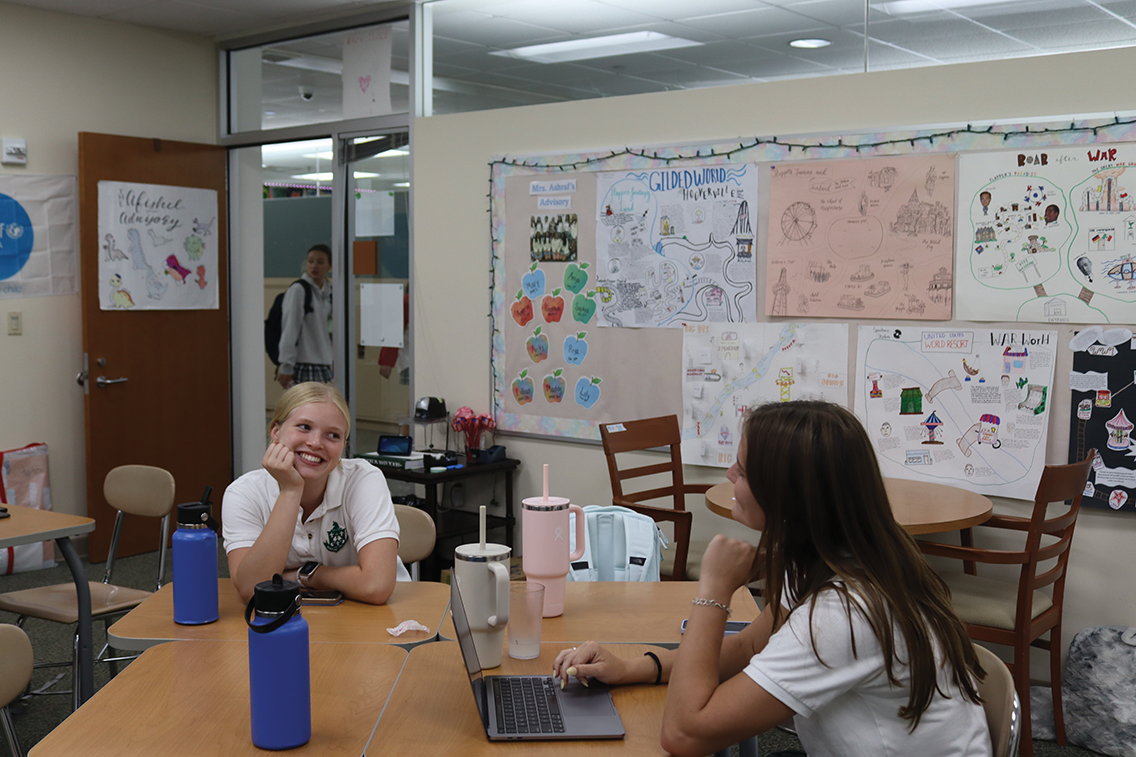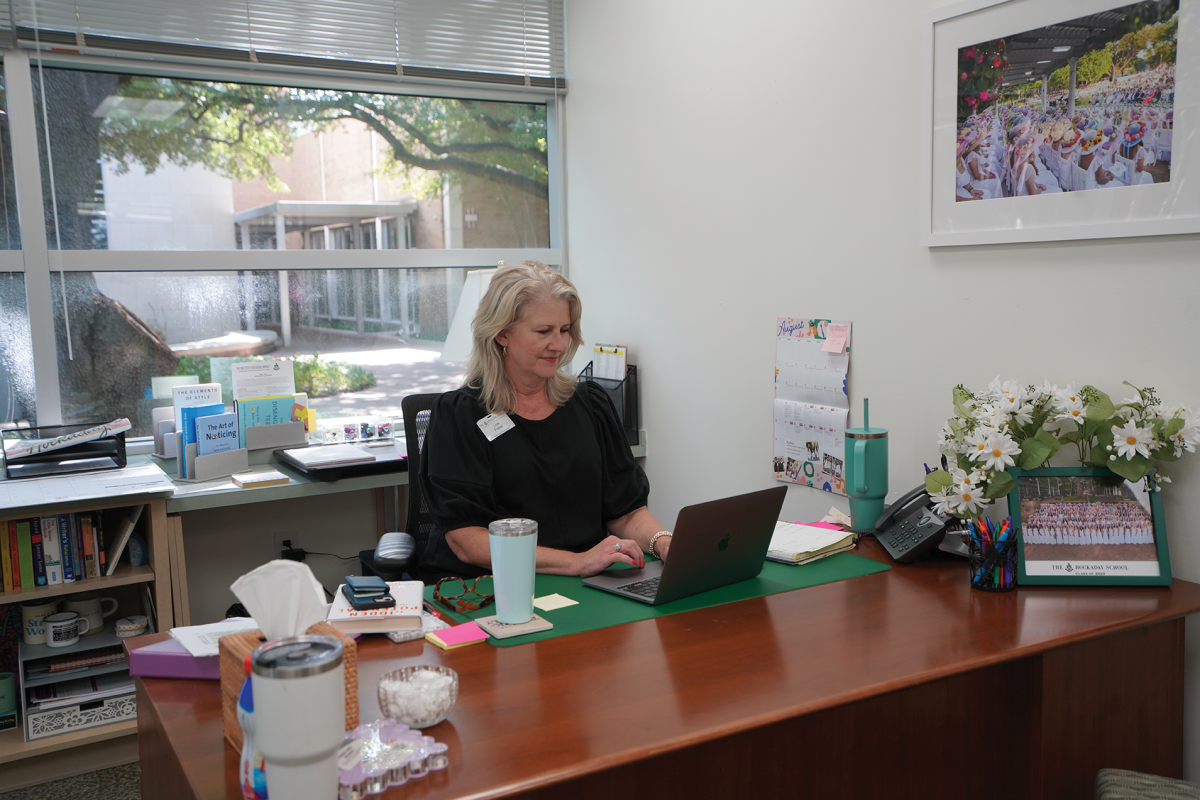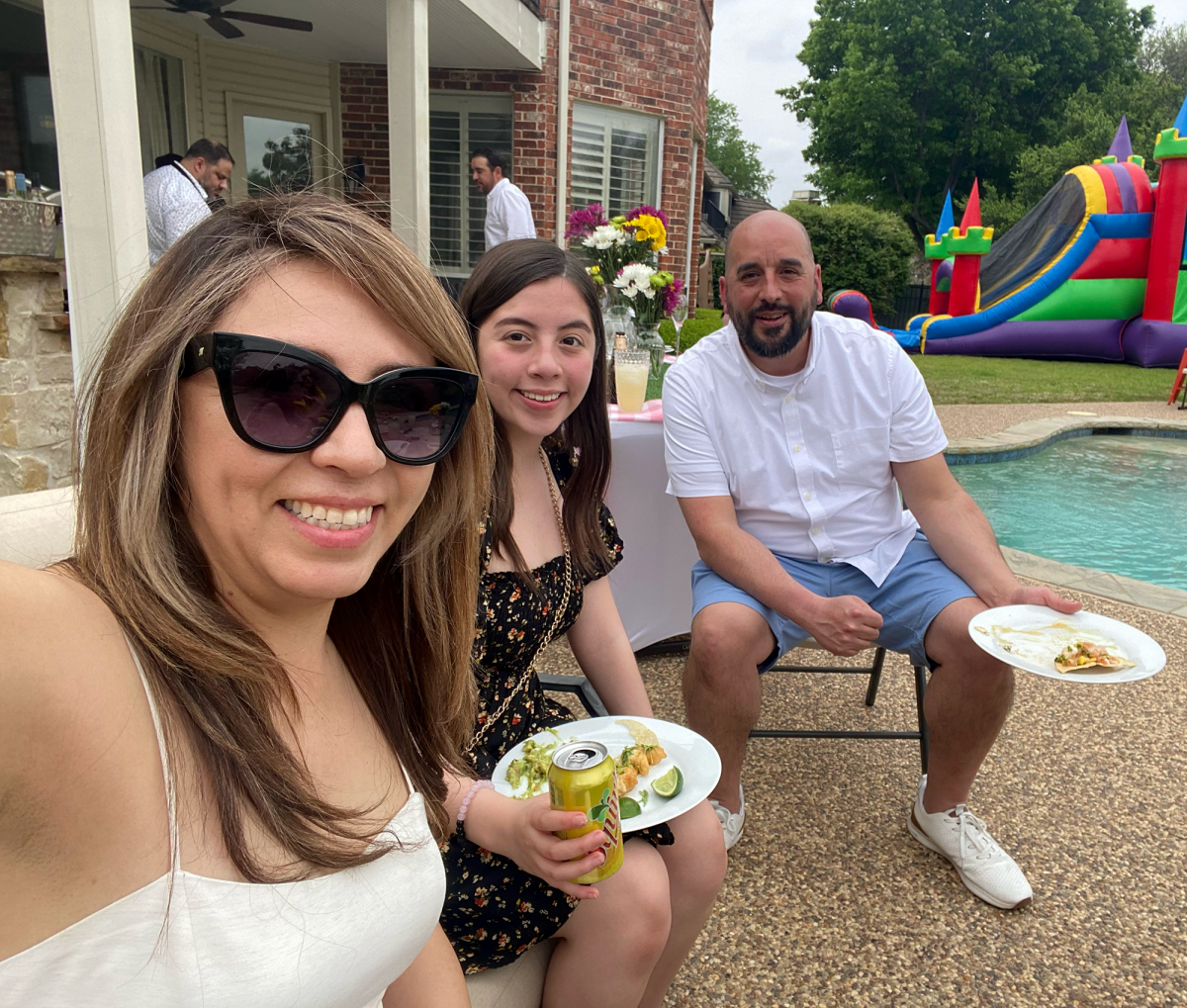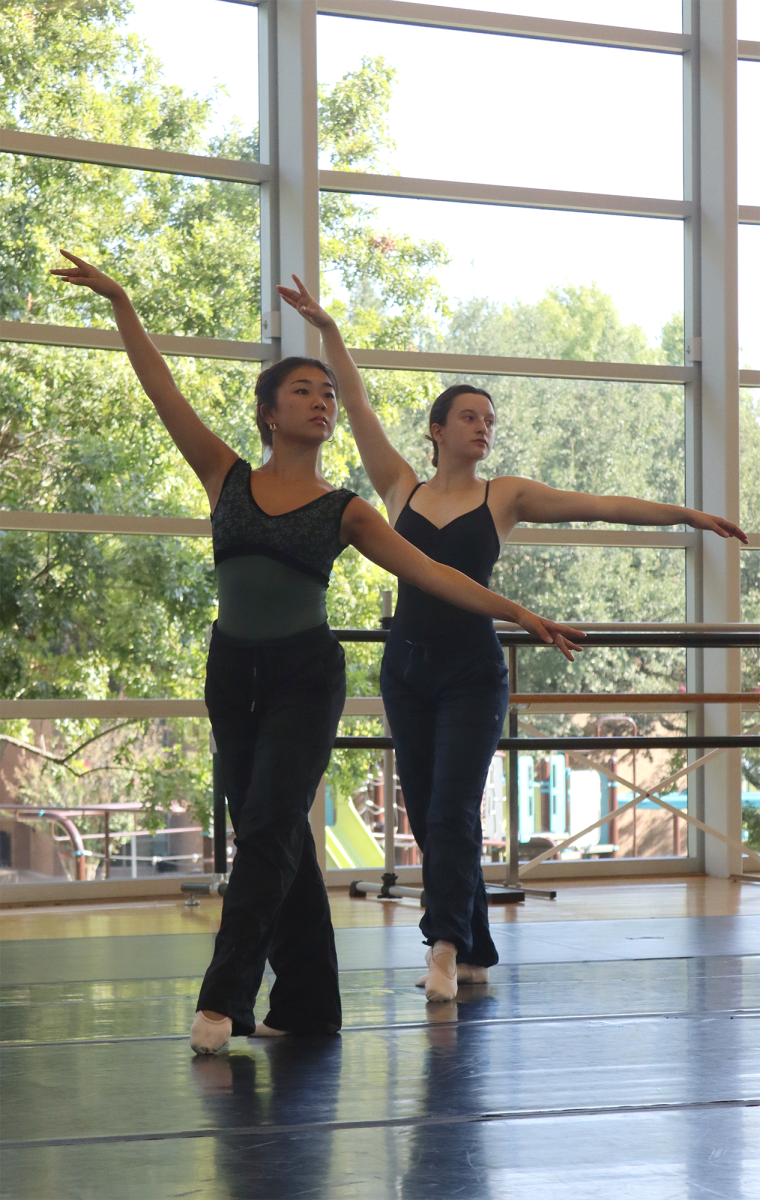According to Business Insider, 80 percent of New Year’s resolutions fail by the middle of February. That’s approximately 15 days before the hopes and dreams of a new year crumble away. Is it really worth it?
Many Hockaday students attempt to start New Year’s resolution to better themselves in the coming seasons, but most give up before the new and improved habits become part of their daily routine.
Kemper Lowry, Hockaday sophomore, attempts to complete a few practical New Year’s resolutions each year and steers clear from overwhelming ideas.
“I try to make them small, manageable goals that I can keep track and make sure they’re achievable, so I won’t slack off after a few weeks,” Lowry said.
Lowry usually sets one to three goals a year. She strives for self-improvement and the stability of small resolutions.
Candace Townsley, Academic Technology Specialist, doesn’t believe in the concept of New Year’s Resolution.
“I think they are goals that people make and it just sets them up for failure,” Townsley said.
When Townsley was younger, she focused more on resolutions and had a couple of successes, but she now focuses her sights on specific themes for herself throughout the year.
“Now instead of a resolution, I try to have a word or phrase that I focus on in my year. For this year it’s gratitude. I focus on that word and try to think about things I’m grateful for and things I should be grateful for, instead of trying to do something it’s more of a mindset for the year,” Townsley said.
Senior Reid Cohen also disagrees with resolution and the unrealistic objectives they set for people.
“People follow them for a week and forget that they made them,” Cohen said. “Just make goals for yourself that are ongoing and that you make throughout the year.”
Lucio Benedetto, Upper School history teacher, uses New Years Resolution as a productive time for self-reflection but doesn’t agree with the stereotypical goals. This year specifically, he has vowed to practice his banjo.
“In the fall I got a banjo, I want to learn how to play bluegrass, to be more rigorous in my practice. I’m listening to a lot of old-timey banjo music,” Benedetto said.
Overall, Hockaday students and faculty do not agree with the overwhelming idea of making New Year’s resolutions. Instead, they incorporate smaller, individualized ways to create a better environment for them and those around them.
New Year’s resolutions vary on the person, it all depends on one’s self-will and determination. So whether or not you decide to dedicate your time to a New Year’s resolutions, big or small, do whatever makes you happy and improves your quality of life.
Story by Julia Donovan and Ava Berger













